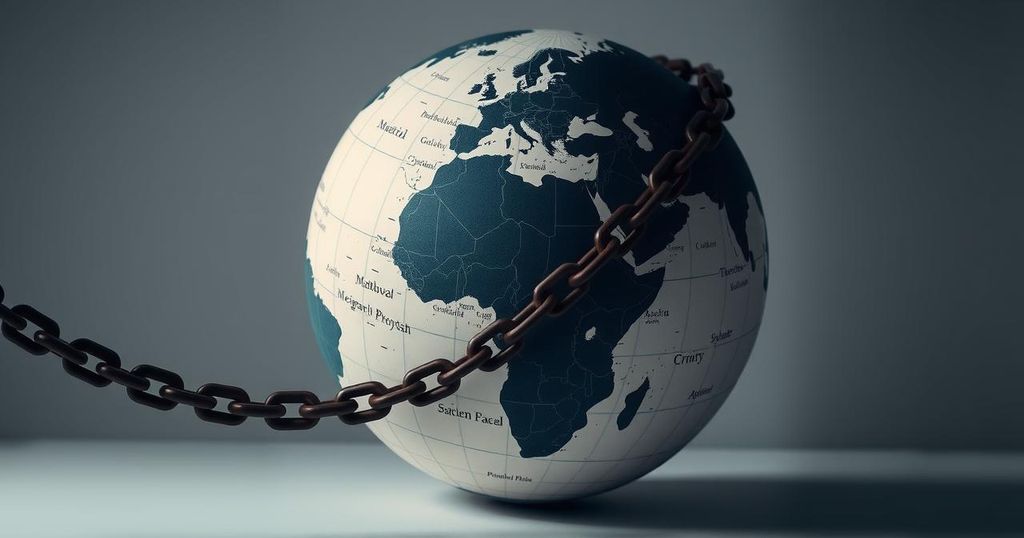President Trump claimed during a meeting with Jordan’s King Abdullah II that the United States has the authority to “take” Gaza and suggested resettling Palestinians in neighboring Arab nations. King Abdullah refrained from endorsing this controversial idea, advocating for consultations with other Arab nations instead. Both Jordan and Egypt had previously rejected such proposals.
During a recent meeting with King Abdullah II of Jordan, President Donald Trump made controversial remarks regarding the United States’ authority over Gaza. He claimed that the U.S. could “take” Gaza and suggested that the Palestinians residing there could be resettled in neighboring countries. Trump emphasized, “We will have Gaza. It’s a war-torn area. We’re going to take it. We’re going to hold it. We’re going to cherish it.”
These statements, made during an impromptu session with reporters, put King Abdullah in a challenging position as he sought to laud Trump as a peace advocate while avoiding direct commentary on his proposal. Both Jordan and Egypt had previously rejected Trump’s plan to control Gaza and resettle Palestinians during a past press conference with Israeli Prime Minister Benjamin Netanyahu.
In response to inquiries about the potential forceful displacement of Gazans, King Abdullah chose to remain non-committal, suggesting instead that the involved nations engage in consultations with other Arab states. This approach indicates a diplomatic reluctance to endorse Trump’s contentious views on the matter while maintaining regional alliances.
President Trump’s assertion of U.S. authority to “take” Gaza and the implications for Palestinian resettlement have stirred controversy and concern, particularly among Arab nations. King Abdullah’s cautious response reflects a diplomatic effort to balance U.S. relations and regional stability. As these discussions evolve, the response from neighboring countries remains critical to understanding the broader geopolitical ramifications.
Original Source: www.nytimes.com






